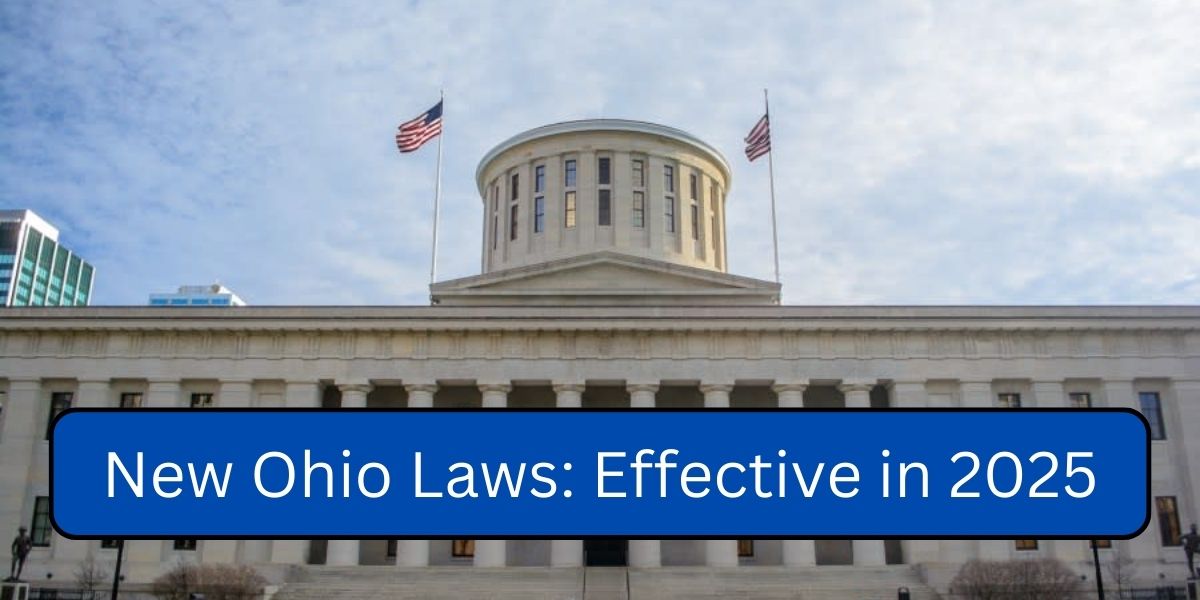A ruling in a dispute affecting households nationwide with natural gas furnaces might come next spring or early summer.
The American Gas Association has filed a court challenge to the US Department of Energy’s final Consumer Furnace Rule, which establishes new energy-efficiency standards for residential furnaces.
That new rule would ultimately phase out non-condensing furnaces that are less energy efficient, making modern furnaces essential by 2028.
In AGA v. DOE, AGA and other trade associations and organizations delivered oral arguments to the Court of Appeals for the District of Columbia Circuit on Thursday.
Matthew Agen, AGA’s chief regulatory counsel for energy, told The Center Square in a Tuesday interview that his organization does not feel DOE is following the standards. He referred to the Energy Policy and Conservation Act, which prohibits efficiency criteria that exclude entire product categories.
“This rule is very onerous to gas consumers because it will limit customers’ access to natural gas furnaces,” Agen said, stressing that the DOE guidelines enhance energy efficiency criteria for all natural gas furnaces.
The DOE anticipates that increasing furnace efficiency standards will reduce carbon emissions by 332 million metric tons over 30 years, which is roughly equivalent to the combined annual emissions of 42 million houses, or nearly 34% of all dwellings in the United States, and methane emissions by 4.3 million tons.
According to an AGA news release, condensing furnaces are the only natural gas furnaces that can meet the new criteria. Due to physical constraints, these furnaces are frequently difficult or impossible to substitute for conventional, noncondensing ones.
Consumers who currently use noncondensing furnaces would have to redesign their homes or workplaces to fit a condensing device or forego natural gas appliances entirely in favor of electric appliances.

“It means the furnace has to be vented in a certain way, out the top of your house, and then also with condensing, there’s a lot of water vapor, so it needs a drain,” Agen told me.
“Noncondensing products account for between 50%-and-60% of furnaces purchased annually,” he told me. “If you need to replace a noncondensing furnace with a condensing one, you have to get a contractor to come to do it and get someone to do the up-venting and someone to do the drainage.”
AGA believes DOE depends on the fact that most individuals will avoid the trouble.
“They are assuming people won’t want to go to all that trouble,” Agen pointed out, “so they’ll just put in electric, and it will push people that way.”
According to AGA news releases, the final furnace rule does not fulfill EPCA’s criteria of being “economically justified.”
The announcement continues with the following information: “According to DOE’s own analysis, the average consumer would save only a handful of dollars each year, with some customers taking almost a decade to recover their replacement costs.”
According to AGA research, using natural gas in a new home saves $1,132 per year compared to an all-electric household.
According to AGA, DOE has another rule pending for natural gas-powered water heaters.
“DOE’s applying their same logic about condensing and noncondensing that would ban a particular kind of natural gas water heater from the market,” says Agen.
Pushback against the transition away from natural gas was evident in Washington state when Initiative 2066 was enacted on November 5.
I-2066 mandates utilities to offer natural gas service to any individual or business that requests it, and it prohibits the Washington Utility and Trade Commission from establishing multi-year pricing plans that require or promote the termination of natural gas service.
The initiative was launched in reaction to the adoption of House Bill 1589, which sought to accelerate Puget Sound Energy’s move away from natural gas.
“It has been in the current [Biden] administration, a whole of government approach to attempt to limit access to natural gas,” according to Agen. “DOE has been using the efficiency standards to limit people’s access to natural gas and push people to electric.”
That might change, he warned, once former President Donald Trump takes office in January.
“For rulemakings in the pipeline, we anticipate some change, whether that’s a pause or it could be stopping,” Agen told reporters. “However, with this case currently before the court, it’s a little ambiguous. Our goal is clearly to win, but if we don’t, I envision us challenging the entire court of appeals en banc.”
He went on: “Depending on what happens there we would evaluate a potential Supreme Court option.”





